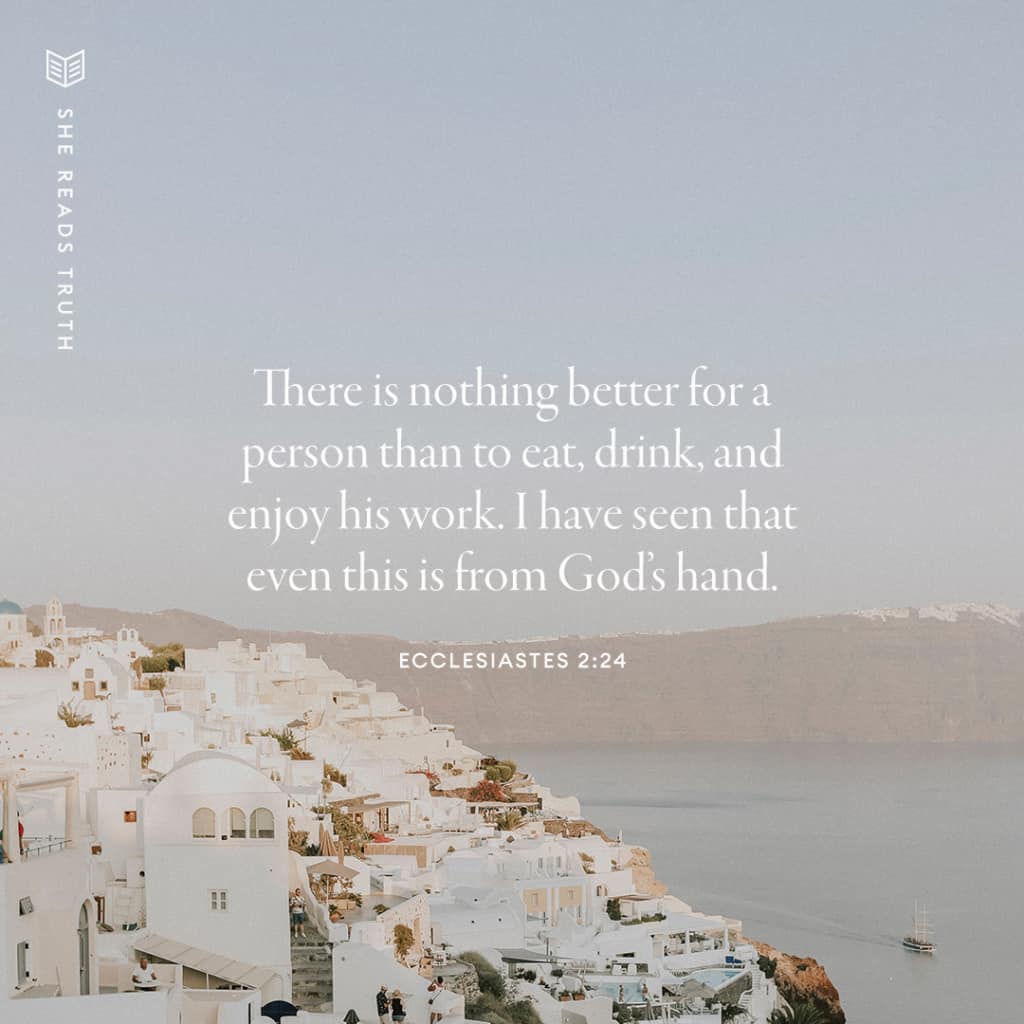I turned sixteen the summer before my junior year of high school. Along with the new excitement of being able to drive came the responsibility of having my first “real” job. I worked as a cashier at a neighborhood pharmacy and gift shop in a suburb of Birmingham, Alabama, taking phone calls for prescription refills and stocking the shelves with face lotion and hand soap. But the best part of this summer job was something we lovingly referred to as “Christmas in July”—receiving all of the seasonal products for Christmas at the pharmacy, pricing them accordingly, and keeping track of inventory until they put out the Christmas items in late fall.
I was constantly confused by the juxtaposition of the stifling Alabama summer heat with the Santa Claus figurines and snowflake ornaments. Even so, I loved that job. The fragile ornaments and figurines needed special care while unpacking, and even though it meant I left covered in glitter every day, I paid special attention to them, lifting them gingerly out of their boxes and placing them on the storage shelves where they would sit until they made their debut in the pharmacy. It might not have been the most important job, but I found purpose in it.
King Solomon had one of the most important jobs in the Old Testament. God called him to build the temple where God’s presence would dwell among the Israelites (1Chronicles 22:6–10). This was an incredible honor, one that God didn’t even entrust to King David, who was considered a “man after [God’s] own heart” (1Samuel 13:14).
Despite all this, Ecclesiastes 2 tells us that King Solomon struggled with the purpose of work. He writes, “I hated all my work that I labored at under the sun because I must leave it to the one who comes after me. And who knows whether he will be wise or a fool? Yet he will take over all my work that I labored at skillfully under the sun. This too is futile” (Ecclesiastes 2:18–19). To the author of Ecclesiastes, leaving his work behind after death made it meaningless, a pursuit of the wind. But he goes on to explain that while he felt as though his work was meaningless, there is “nothing better for a person than to eat, drink, and enjoy his work” (v.24).
In Genesis 1, after the creation of humankind, God instructed Adam and Eve to work, telling them, “Be fruitful, multiply, fill the earth, and subdue it. Rule the fish of the sea, the birds of the sky, and every creature that crawls on the earth” (Genesis 1:28). God’s design for humanity always included work—it preceded the fall! Our work is not meaningless; we are called to it. And when we do our work for the glory of the one who worked first to create us, it has eternal meaning and significance.



For me, this passage reminded me that although work is important and we can glorify God through it, it does not define us. When someone asks you, who are you or what do you do? We may say “student” or our job title. But ultimately, our identity is rooted in Christ. We our meant to abide in Christ in everything we do, including our work. Praying I would remember this as I go into my senior year of college and eventually into the workforce. Only Christ defines me. I know who I am because of who You are.
Yes! Our identity is in Christ and our work is an expression of who we are as image bearers of God. So important not to find identity in work. You are blessed to have this sorted out as a college student!
Churchmouse, you are so point! “Peace is elusive when reliance is on self.” All through these passages in Ecclesiastes, I keep noting that Solomon has taken God, the giver of all he has accomplished, out of the equation and totally focused on himself! I have to keep my focus on my Creator, the One fills me with His joy.
Have blessed Wednesday all!
Kerri, you might read the He Reads Truth devotion from today if that is what you are looking for. John did a great job hitting on that. My wife and I read both devotions daily and it’s nice to get several writer’s perspective on the passages.
Churchmouse thank you for your comment! It was a blessing and convicted me in a much needed way. I definitely am in the workaholic camp. I love being busy and constantly having things going on, but this quarantine has called me to a season of rest. I feel anxious and antsy to be able to work again to make money, but that reveals I’m not finding my FULL provision in God. I struggle with the motive and trust piece. Lord help me to lay it all down at the foot of the cross and trust in YOU and you alone as my Provider. Then I will know true peace. Amen.
Work comes in many forms..the ministry, raising children and being a housewife, a paid position, creating art or writing books. Our work should be our passion, and we are all creators, God himself was the creator of the world, and after he was done creating, he saw that his work was good. He also took breaks and rested from his work. No one should ever judge someone else work. Being a stay at home mom, is just as much work as going to a paid position and dropping the kids off at daycare, where other people work to raise others kids, or where teachers work to teach kids. But one thing I think, is God would want us to live our gifts and passions and creativity and make something good like he did. If we are not happy with our work or job, we will feel like its meaningless and we will not feel fulfilled.
I think enjoying our work is very important too. In everything we do, we do it unto the Lord, bringing glory to Him. Then will people see Him in us, and glorify God!
I feel like this devo misses the point of the passage a bit. I wish the author had engaged a little more with why the writer of Ecclesiastes said work was meaningless, rather than jumping straight to “work is not meaningless.” It almost became an apologetic for why the author of Ecclesiastes is wrong, rather than an engagement with the challenge. Why bother having us read Ecclesiastes if we’re just going to gloss it over?
“There is nothing better for a person than to eat, drink, and enjoy, his work. I have seen that even this is from God’s hand, because who can eat and who can enjoy life apart from him? For to the person who is pleasing in his sight, he gives wisdom, knowledge, and joy; but to the sinner he gives the task of gathering and accumulating in order to give to the one who is pleasing in God’s sight. This too is futile and a pursuit of the wind.” Ecclesiastes 2:24-26,
John 15, Jesus gives us the call to “remain in me” and “remain in my love.” With Him, we bear fruit, we enjoy Him, He is our source. 1 Peter 1:17-25 reminds me of this. The last two verses say, ““for “All flesh is like grass and all its glory like the flower of grass. The grass withers, and the flower falls, but the word of the Lord remains forever.” And this word is the good news that was preached to you.”
1 Peter 1:24-25 ESV Good news, remain in Him!